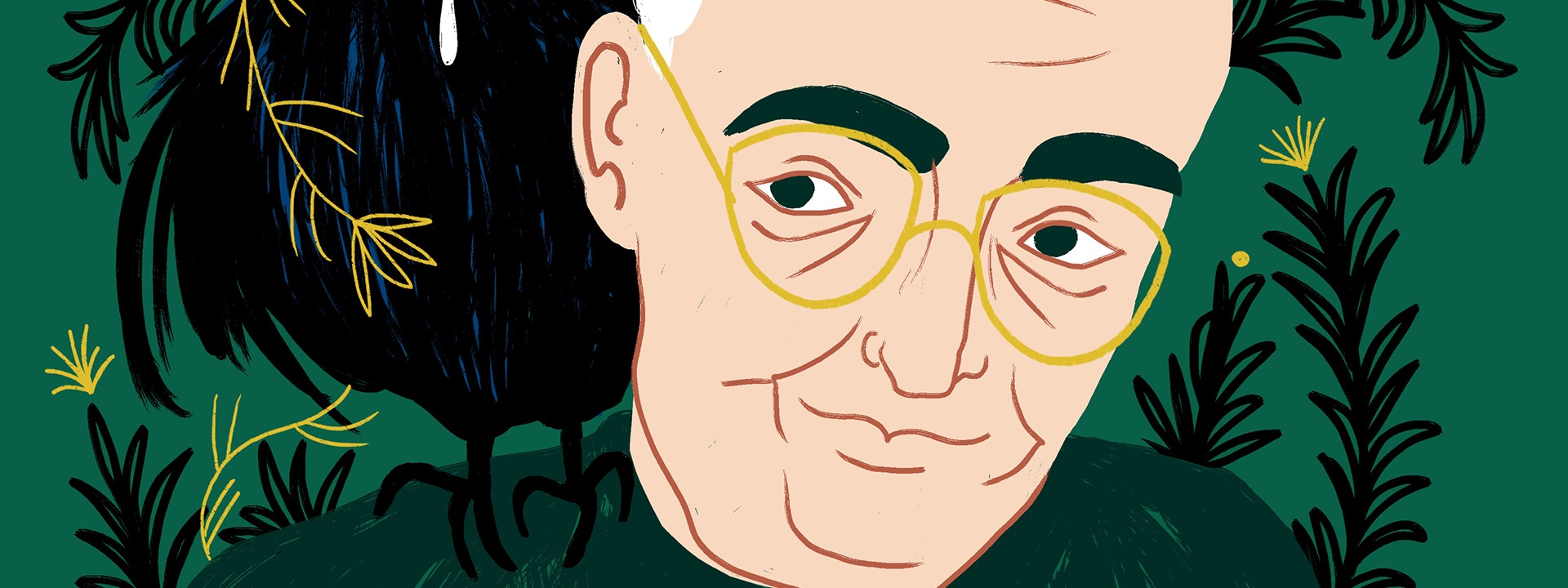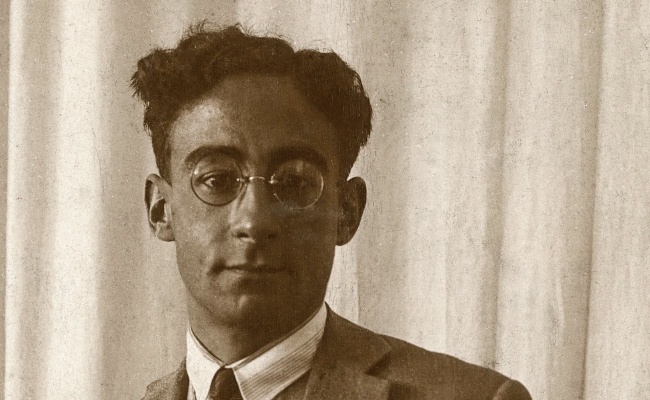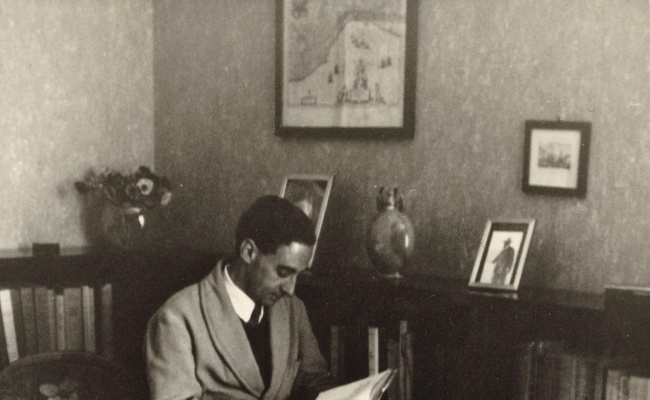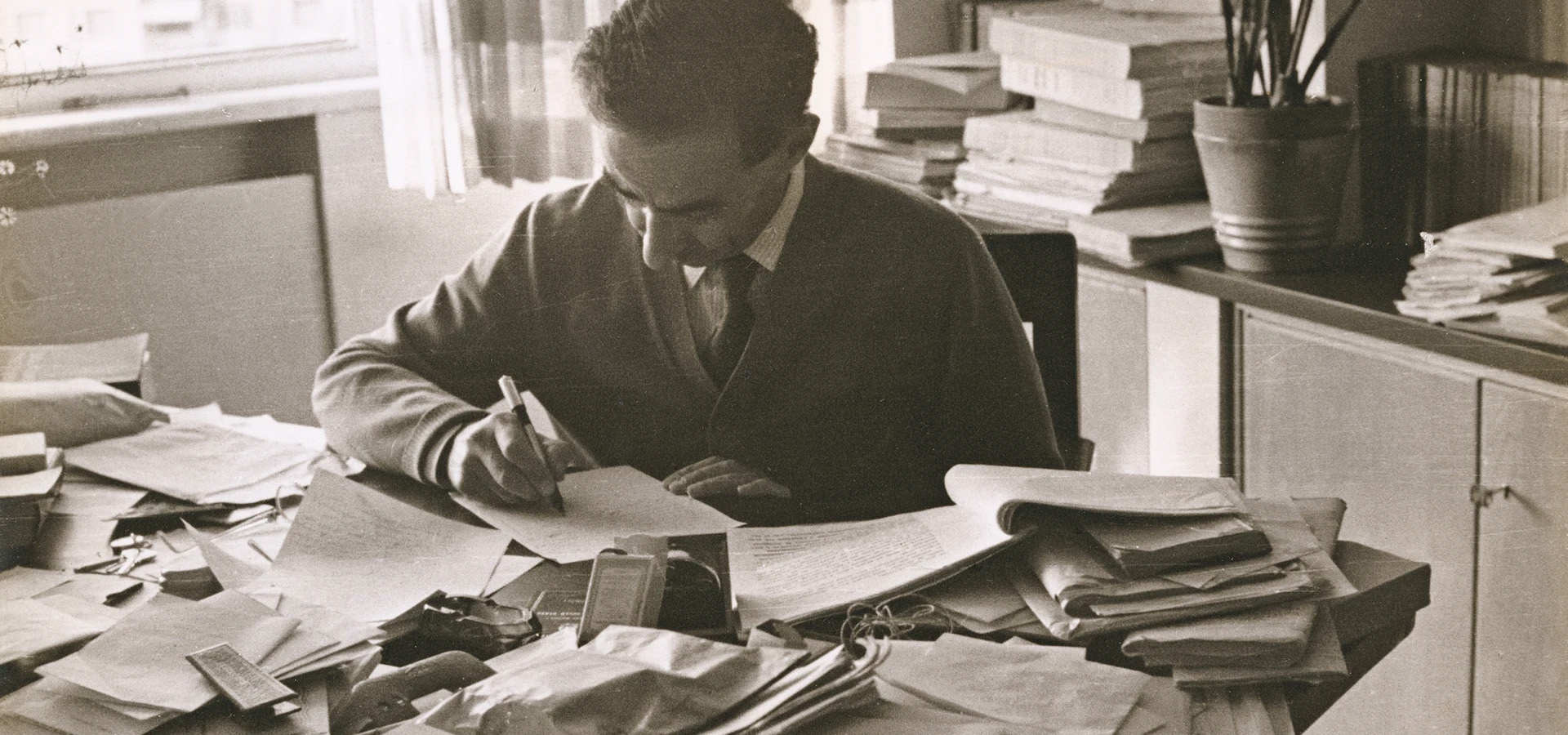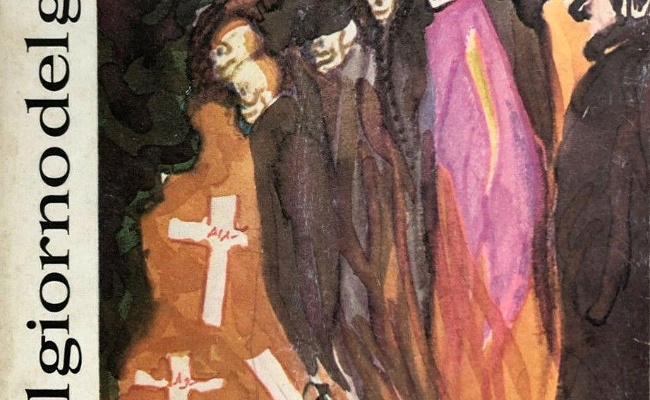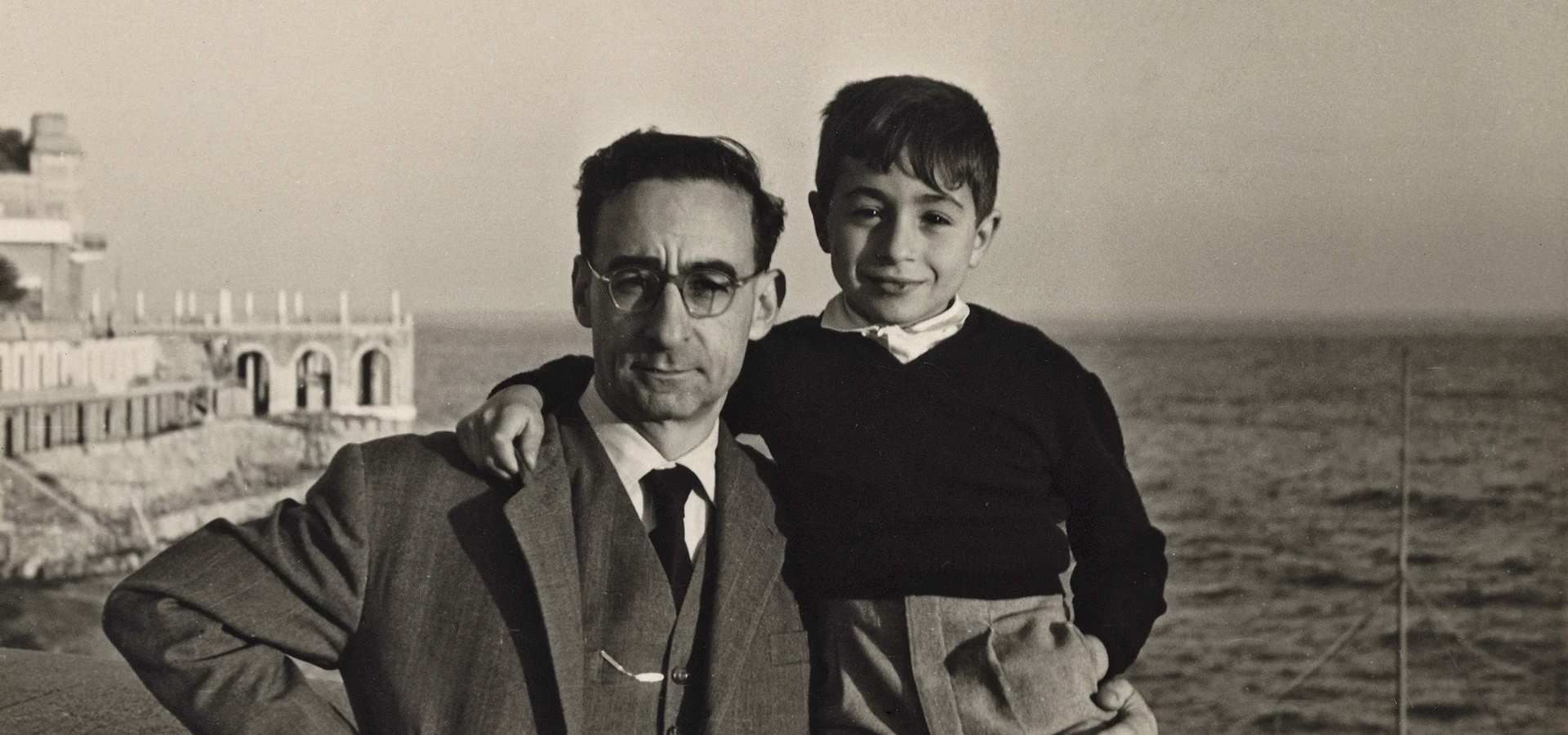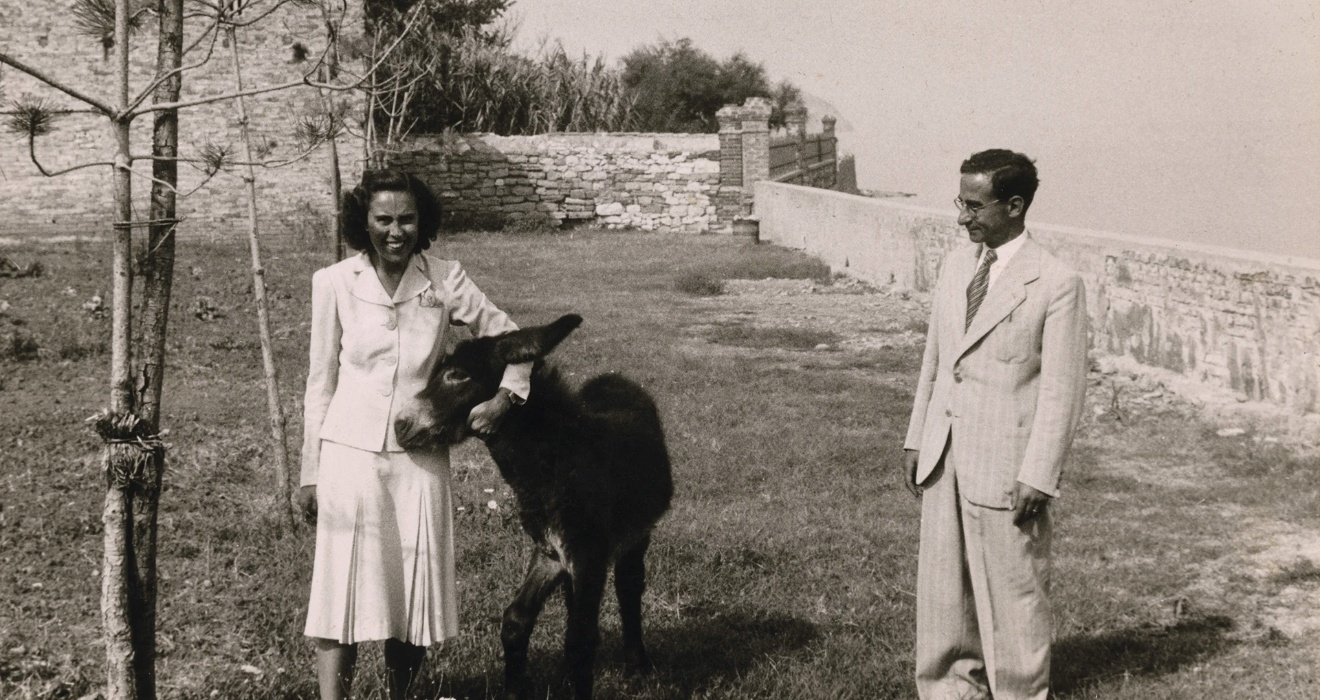Salvatore Satta (b. Nuoro, 9 August 1902–d. Rome, 19 April 1975), was one of Italy’s greatest jurists and also one of its greatest novelists, whose writing was discovered and published posthumously.
Salvatore Satta
Description
Satta’s first novel, La veranda (1932), was a kind of first step in the direction of writing.
His posthumous work, Il giorno del giudizio (The Day of Judgment), published in 1977 by CEDAM and two years later by Adelphi, caused a sensation for its catastrophic, ruthless description of early twentieth-century Nuoro and its residents, who it submits to a final judgement.
This novel, which won the Comisso prize and has been translated into sixteen languages, threw direct, stark light on the symbolic places and quarters of the city, like the districts of Séuna and San Pietro, Corso Garibaldi and the celebrated Caffè Tettamanzi.
The people of Nuoro received Satta’s novel with little enthusiasm and a degree of resentment. However, the national critics compared it to Tomasi di Lampedusa’s Il Gattopardo and George Steiner compared it to Edgar Lee Masters’ Spoon River Anthology.
 Nuorese Cultural District
Nuorese Cultural District